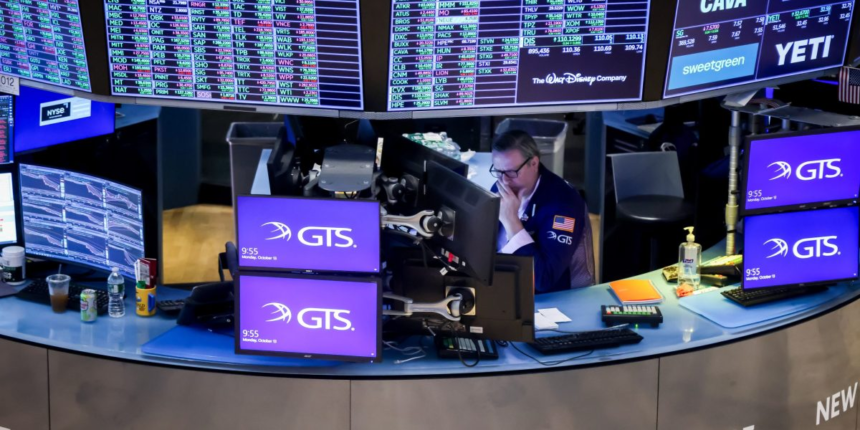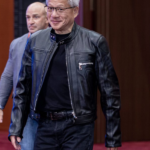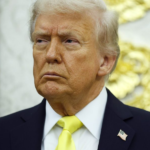Good morning, Asia editor Nick Gordon, filling in for Allie Garfinkle.
After a couple of down years, blockbuster IPOs have come back this year. Nasdaq was home to two of the U.S.’s biggest listings this year: CoreWeave and Figma, which raised $1.5 billion and $1.2 billion respectively. Hong Kong’s listings are dwarfing those in the U.S.: battery maker CATL’s secondary listing in the Chinese city is still the year’s largest IPO, raising $5.5 billion back in May.
The global competition for IPOs can seem cutthroat at times, as exchanges pitch friendly regulations, investor knowledge, and deeper pools of capital to win listings from their competitors.
But Nasdaq’s McCooey on Monday claimed that he spent a lot of time suggesting that executives look at home first, before looking abroad.
“I believe that most companies belong in their local markets. I firmly do,” he said. “I don’t go to Hong Kong, China, Tokyo, Singapore, Argentina, and try to convince companies not to list in their local markets, because most companies do belong there.” (Lest one think McCooey was being too charitable, he also said Nasdaq has “the strongest value proposition” for those companies that do decide to list overseas.)
Exchanges aren’t just competing against each other anymore. “The pace of change–on the alternative platforms, on the sophistication of investors–it’s unheard of,” Al Hussan, from Tadawul, said. “I have been in this business for the last 18, 19 years. You wake up every morning, there’s a new channel, there’s a new way of doing things, there’s a new requirement.”
Chan, from HKEX, agreed, noting that budding investors have a lot more options, like cryptocurrency, commodities and other “exotic instruments.”
“We’re entering into a stage where exchanges are not really competing with one another,” she said. “We’re working together with one another to make sure that we all stay relevant.”
Still, Chan can certainly feel secure about her exchange’s prospects. Hong Kong’s stock markets are having a very good 2025 as investors flood into Chinese stocks. The city’s benchmark index, the Hang Seng, is up almost 35% for the year; by comparison, the Nasdaq 100 is up 22% over the same period.
“We went through a phase where there were questions as to the investability of Chinese stocks,” Chan noted Monday. But now, “we were able to see very strong appetite on the investor side,” she explained for companies in AI, semiconductors, green technology, and in what Chan dubbed “new consumption.”
“You know this thing called Labubu?” she asked Fortune’s audience. “I’ve visited a few cities recently–Paris, London–and I always see the Pop Mart store and the lines waiting to get their blind box.”









